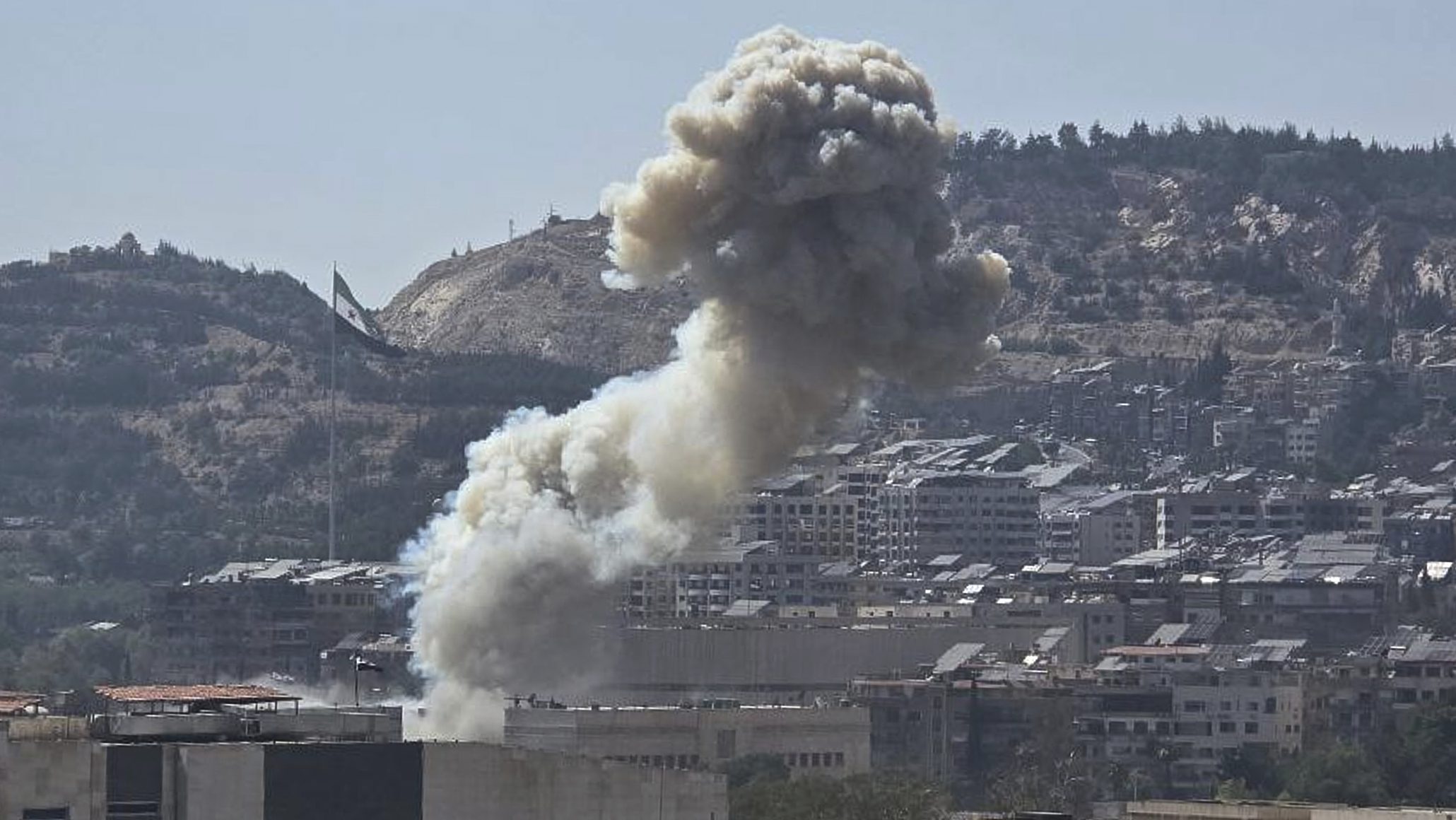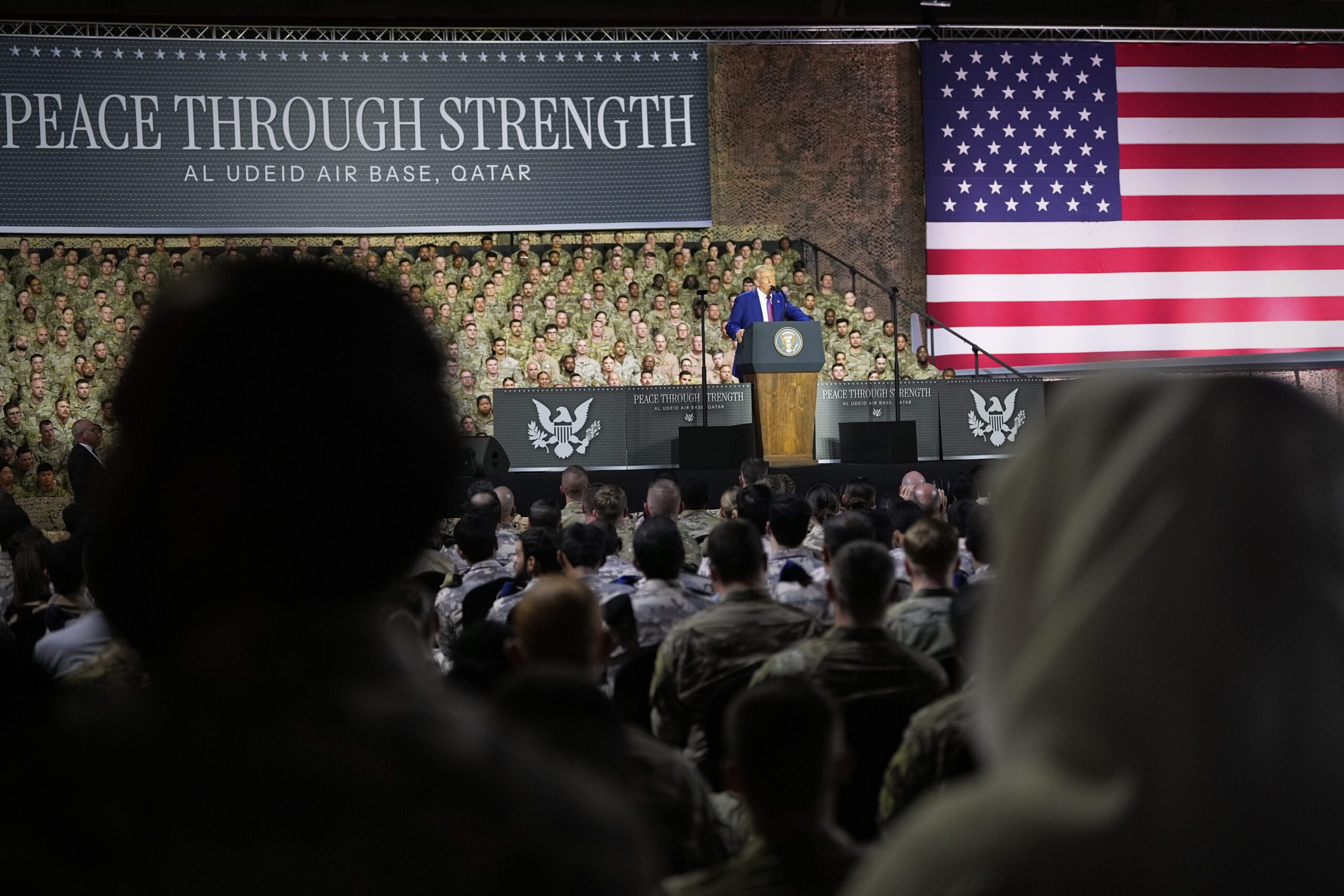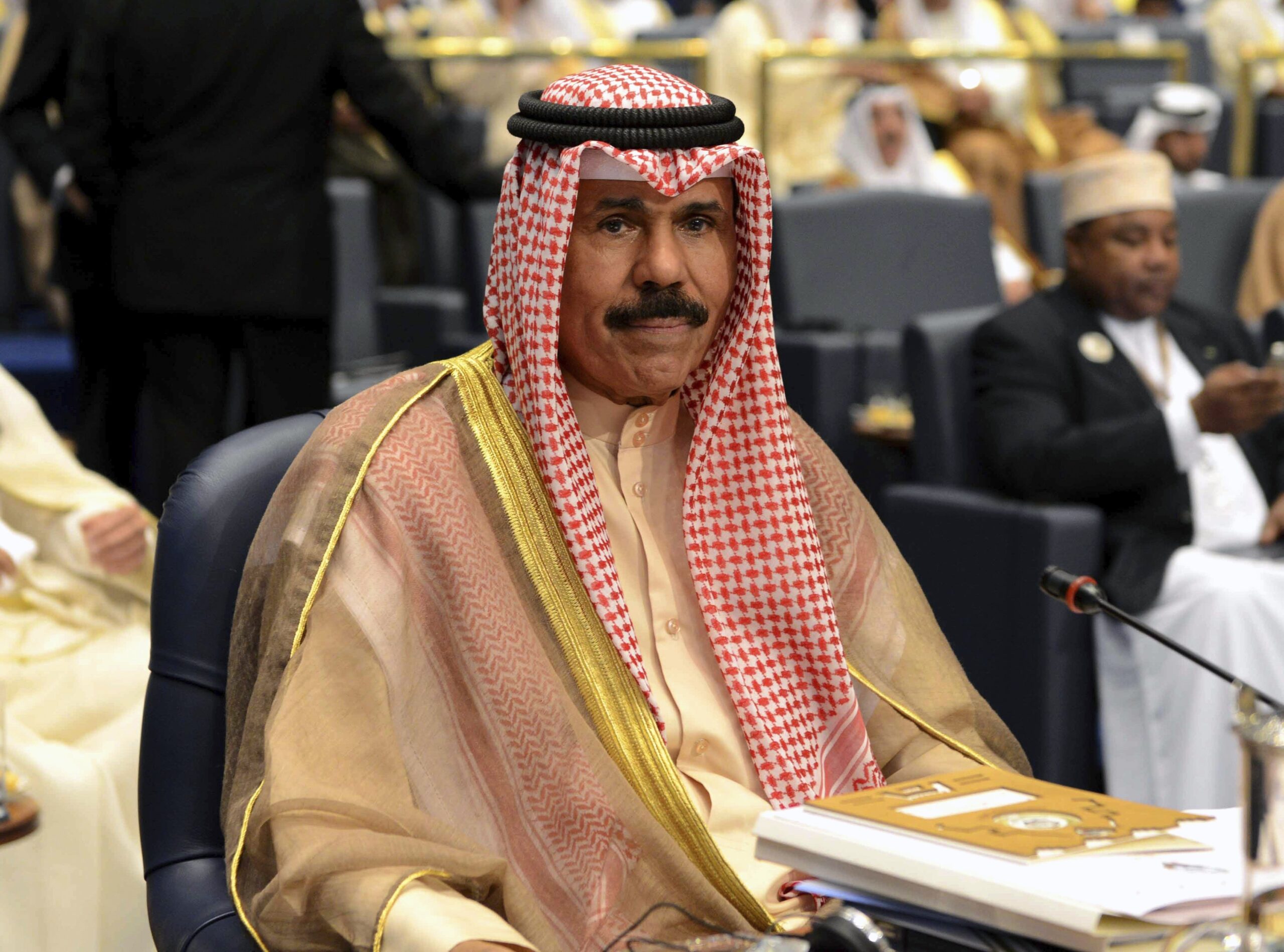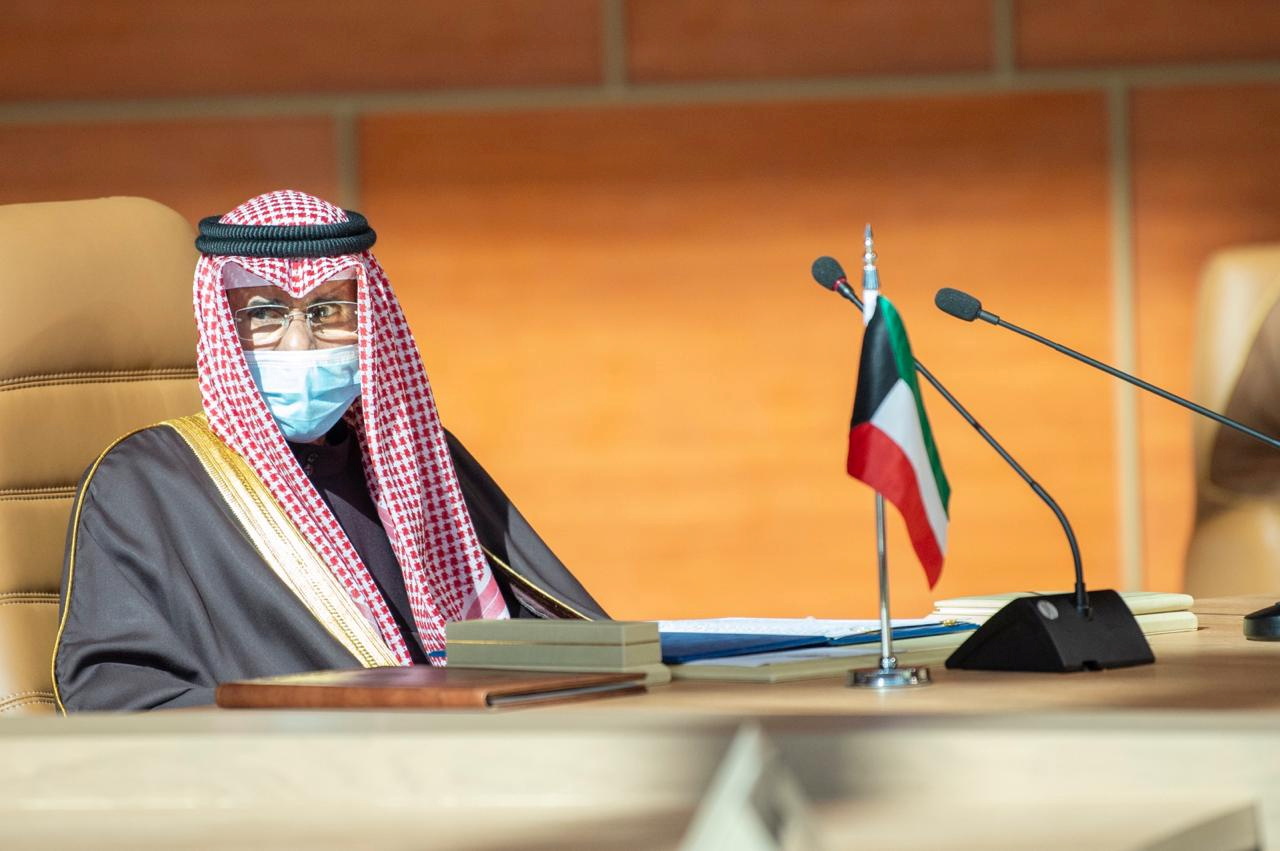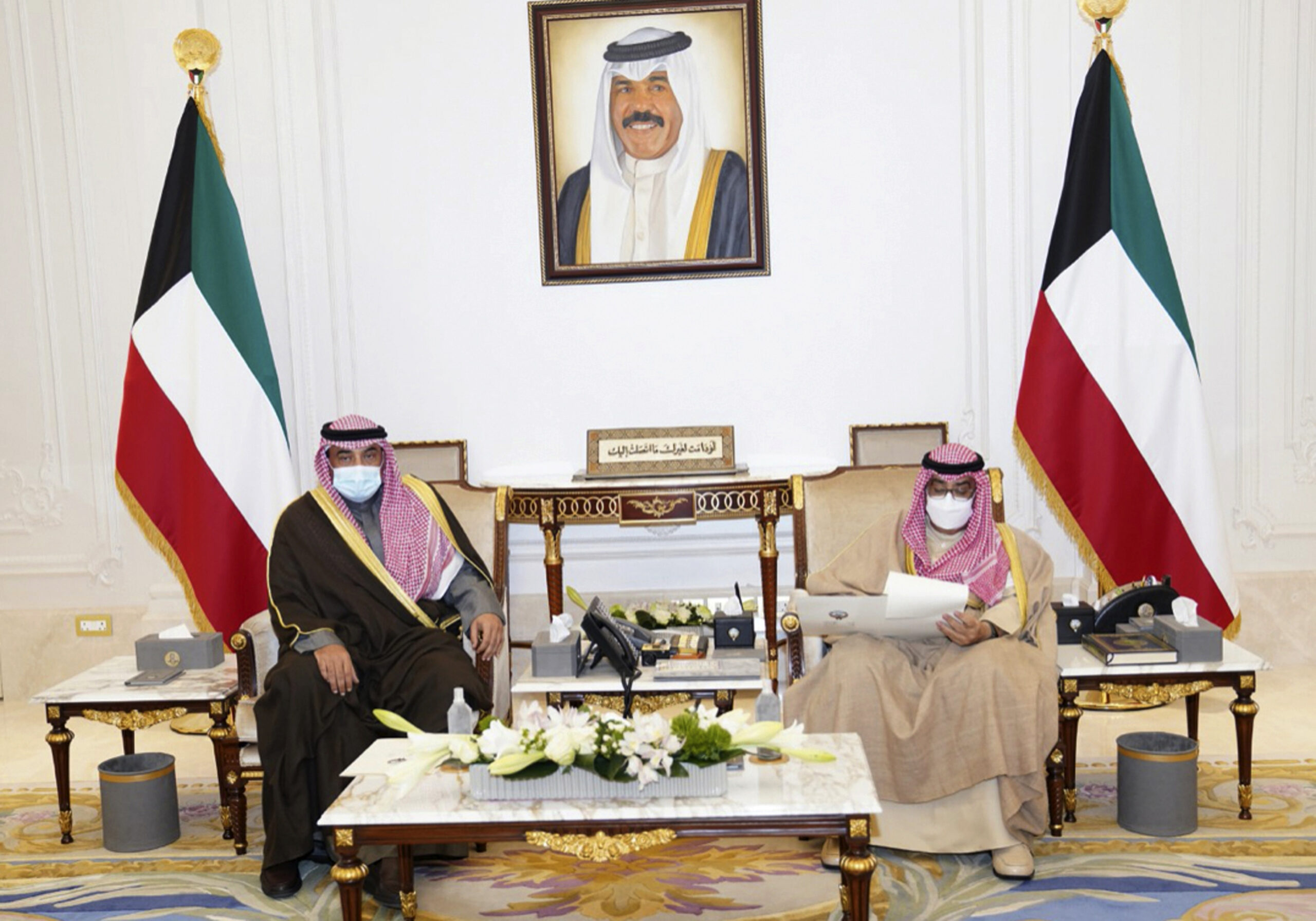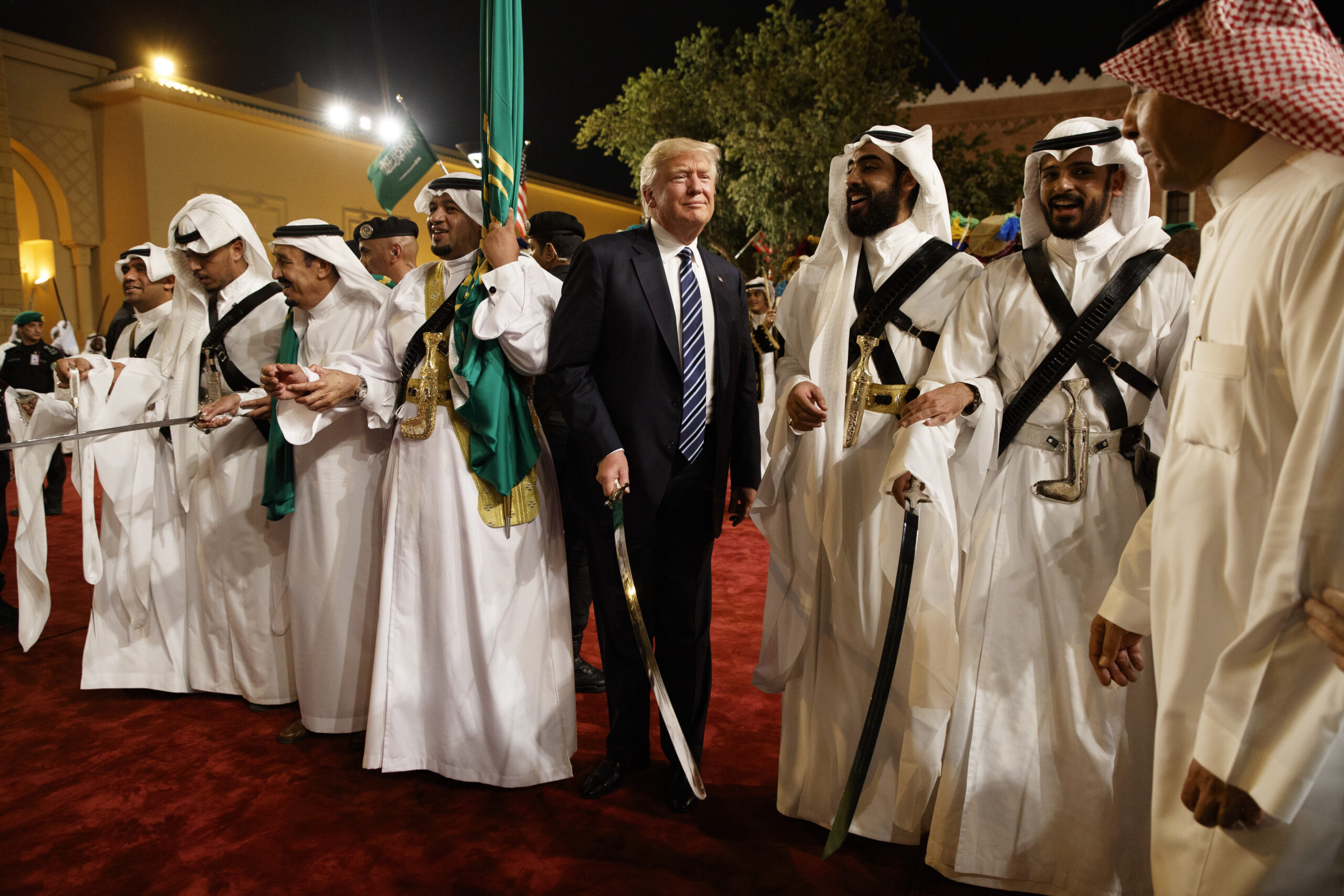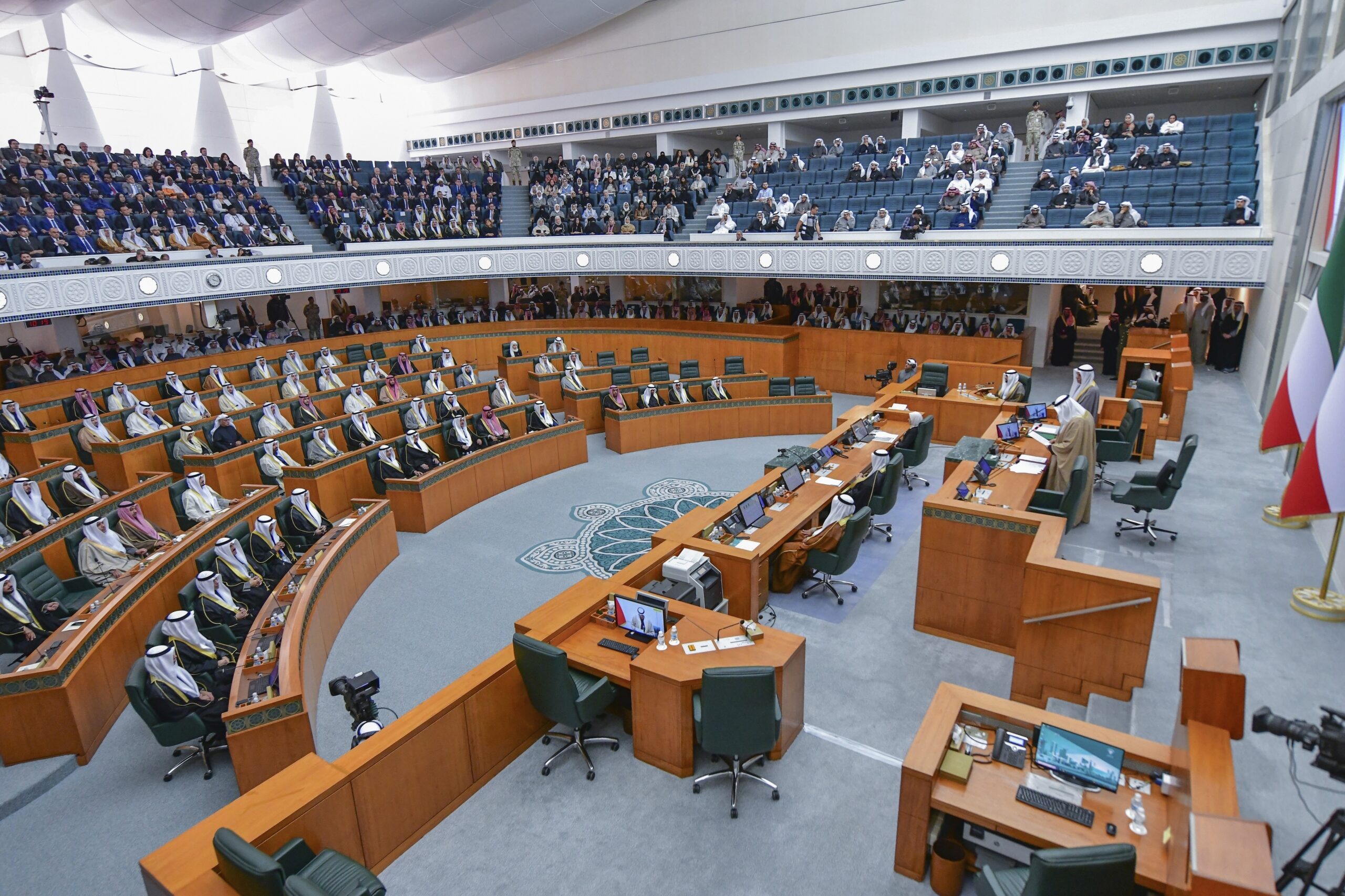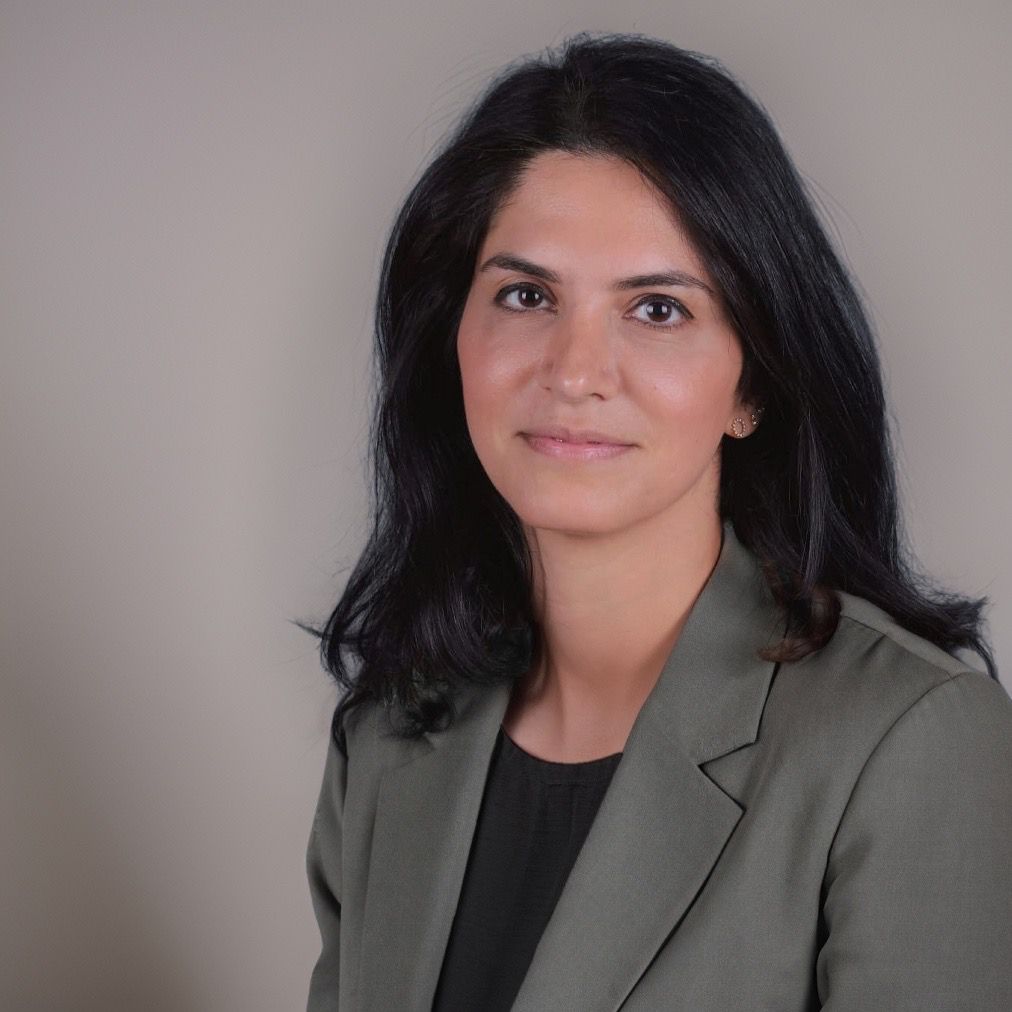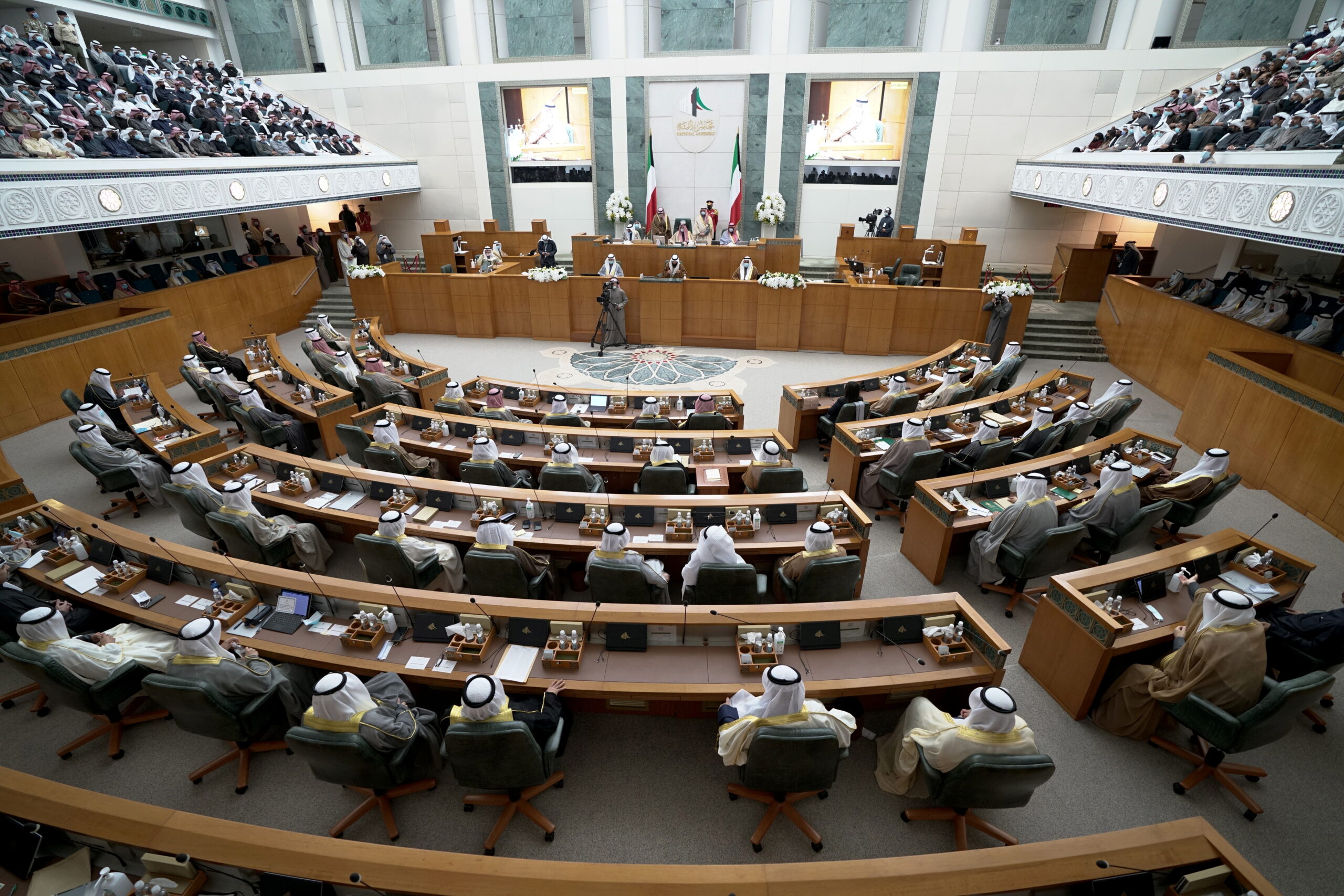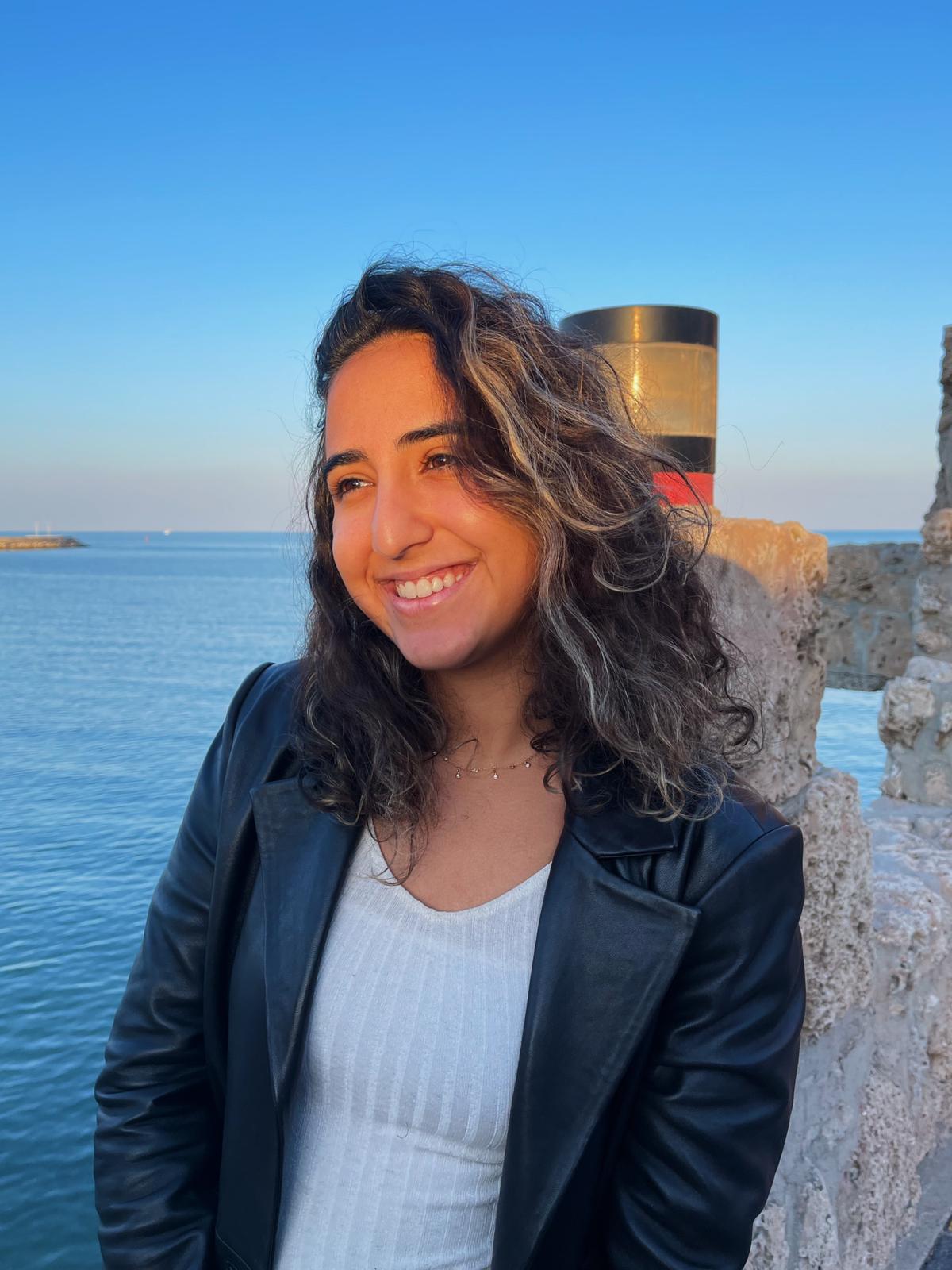What Can the Gulf Do After the Attack on Qatar?
Gulf states need to prioritize enhanced regional defense cooperation with an expanded group of potential partners, consider using the financial leverage of sovereign wealth funds’ action, and ramp up diplomatic pressure to deter such attacks in the future.
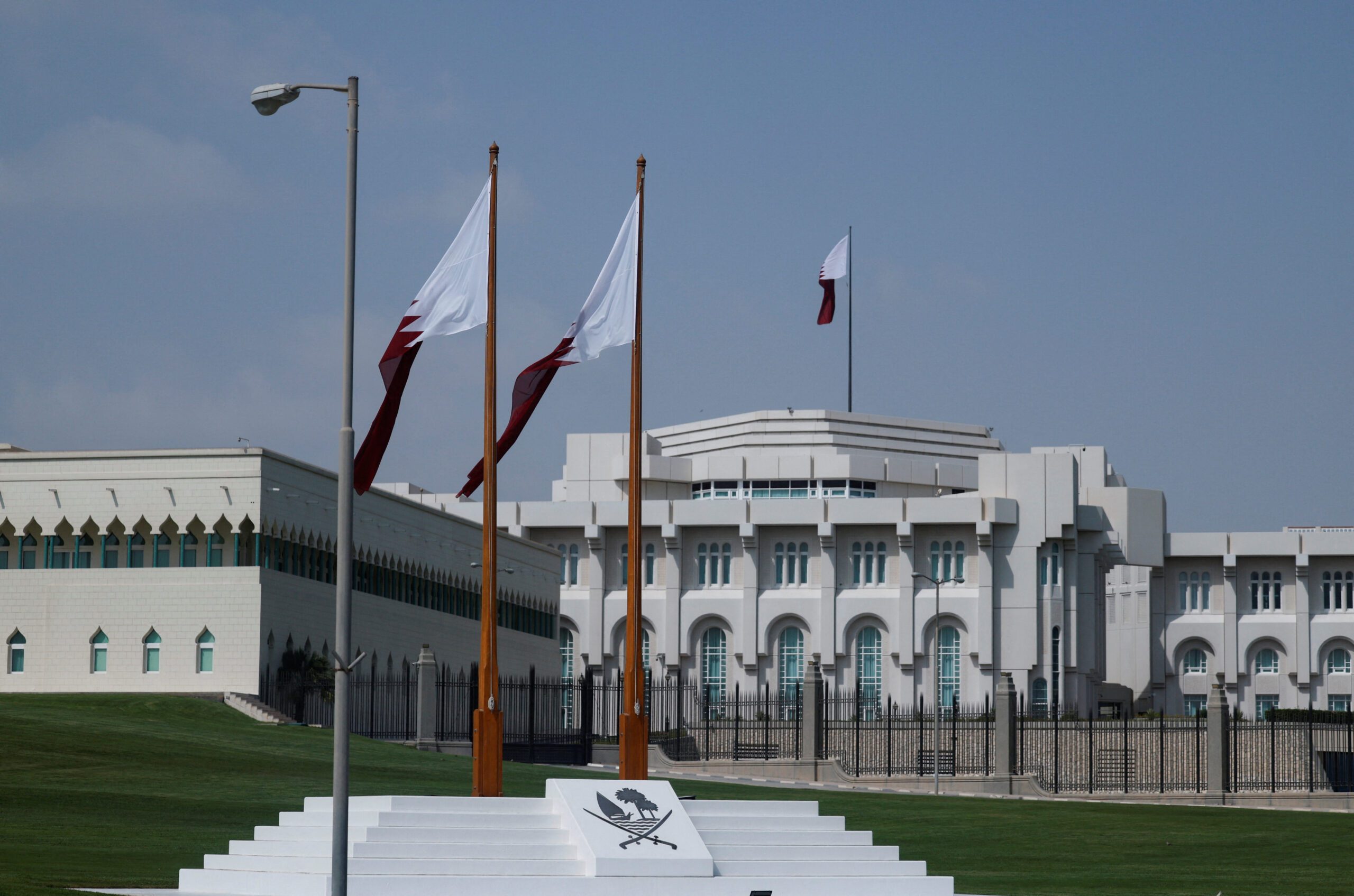
Israel’s September 9 attack on Qatar is a turning point for the Gulf Arab states. Unlike the assaults on Saudi Arabia in 2019 and Abu Dhabi in 2022 by a U.S. enemy, the recent attack is by one U.S. ally against another – a first for the Gulf region. Anger and frustration are high in the region and not only with Israel. The United States has been under fire too. Irritation with an outdated U.S. security umbrella is not new. The calculus in the Gulf is profoundly shifting due to Israel’s aggression and perceived U.S. complicity. The outcome of this strategic rethink is yet to be seen, but it may be wide-ranging given the mix of tools at the disposal of the Gulf states if they so wish to activate it. Doing so could put the Gulf at odds with the United States. That should spark concern in Washington and encourage a more focused U.S. policy premised on clarity, parity, and delivery.
Some Washington pundits view the attack on Qatar as a minor dent in an otherwise sturdy defense platform: It has angered the Gulf states, but they will come around due to few, if any, alternatives. This is a flawed assessment. It downplays the uniqueness of the attack and the determination it will spark in reassessing options. The attack was executed by a U.S. ally in a residential area without warning and targeted a U.S.-endorsed mediation process with Hamas representatives. It is not even remotely similar to the 2010 targeted Israeli assassination of a Hamas operative in Dubai, a covert action that violated sovereignty but did not involve airstrikes in broad daylight resulting in local casualties. This botched Qatar operation has been accompanied by alarming rhetoric. Israeli Prime Minister Benjamin Netanyahu has shown no remorse, warning Qatar and others on U.S. Embassy grounds in Jerusalem and subsequently in the presence of Secretary of State Marco Rubio that similar such attacks could not be ruled out. The Gulf’s centrality in the Middle East and its significance to the United States warrants specific U.S. guarantees beyond President Donald J. Trump’s assurances of nonrepetition and dinner meetings.
Interdependent Paths?
The Gulf Arab states have been the Trump administration’s preferred regional partner as evidenced by his affinity for forceful leadership and first major trips abroad to the Gulf in both presidential terms. The two sides share a pragmatic approach and recognize the possibilities of Gulf capital and U.S. technologies, among other mutually attractive domains.
Gulf-U.S. relations are at the heart of Trump’s vision for the Middle East: a peaceful, prosperous region further integrated with Israel. Yet this vision will not materialize if Israel sustains its occupation and keeps getting a free pass, violently advancing its aims at the expense of U.S. partners and even U.S. interests at times. A second obstacle is the midlife crisis confronting the current U.S. security umbrella as the relationship based on “oil for security” needs to be redefined. Both sides have been overtly discussing, and occasionally working on, a holistic and multifaceted agreement. However, they have not yet been able to come to a conclusive understanding. Accompanying this is the recurring frustration among the Gulf states over the perceived U.S. unwillingness to defend them, while the United States remains frustrated with the complaints and the Gulf states’ inability to grasp its position. Gulf leaders are aware that the United States does not necessarily respond to one-off attacks unless they are part of a clear cycle or threat – though such attacks appear increasingly more common in the Gulf. But the current U.S. defense posture is not delivering for the Gulf. It is further complicated by a new challenge: how to deter attacks on the Gulf by a U.S. ally. This is on top of changes in the United States and the Gulf during the past decade. An emboldened Gulf and an internally fractured, preoccupied United States makes a clearly defined defense treaty more urgent, starting bilaterally and then extending collectively to the Gulf Cooperation Council membership. Saudi Arabia and the United States have been pursuing one, but it remains on hold. Further, the most recent defense relations update with Bahrain in 2023, the Comprehensive Security Integration and Prosperity Agreement, falls short of Gulf expectations as would the rumored U.S. “enhanced” defense agreement with Qatar after Israel’s attack.
Gulf security has long relied on foreign superpowers. The United States has been the Gulf states’ main security partner, characterized by military bases and weapons procurement as well as training and interoperability. The relationship has delivered in the past, but its utility is under question if turning the Gulf into a conflict zone goes unaddressed. These attacks were few – until now. The last bastion of stability in the Middle East, the Gulf cannot afford these incidents to be the new normal. The often-underreported Gulf-U.S. security success stories will eventually be dwarfed by unaddressed security threats.
If these two elements – Israel’s conduct in the region and U.S. defense parameters – remain open questions, it will risk the stability of the region, the transformations underway in the Gulf, and the trillions of dollars in committed investments in the United States. The Gulf states will have to prioritize their security. They will not have enough bandwidth or even the excitement to pursue the envisaged projects with the United States. The United States cannot refuse to acknowledge the red lines that Israel has crossed in the past two years. Nor should it stay idle when its interests and Gulf partners are under attack.
The Gulf: One or Many?
Feeding the conviction that this was another one-off attack that will not garner a serious U.S. reaction is the notion of Gulf unity. Several partners of Gulf states, including the United States, readily dismiss Gulf unity. They find it performative, comes in waves, and serves passing interests at best. There are elements of this, but holding it as a rigid descriptor of Gulf affairs misses historical trends and the ongoing reconciliation momentum on display since the 2021 Al-Ula Summit. It also misses fast changing dynamics underway that reinforce the efficacy of unity: a weakened Iran and an emboldened Israel. The Gulf Arab states have always come together when major crises befall them. The Iran-Iraq War, occupation of Kuwait, and invasion of Iraq are a few examples. A U.S. ally attacking a Gulf capital, regardless of the reason, qualifies as another strong unifier.
Converging Gulf views and actions have been on display in recent months too. Look no further than coordinated actions in postconflict spaces such as Lebanon and Syria and relations with Iran. Tactical differences may exist (Sudan and the degree of normalization with Israel for example), but there is a shared general direction especially when it comes to regime preservation and pan-Gulf security. The Gulf rift from 2017-21 was the exception, not the norm.
For example, a delegation from the United Arab Emirates, an Abraham Accords signatory, kicked off its Gulf tour to align Gulf views toward normalization with Israel before turning to the ramifications of the Qatar attack (the Emirati visit to Saudi Arabia was followed by Qatar, Bahrain, and Oman). Top Emirati officials have warned Israel against annexing occupied Palestinian lands, and Abu Dhabi summoned the deputy Israeli ambassador to protest the Qatar attack. The UAE is part of a gathering Gulf consensus against Israel.
If Gulf leaders want to be taken more seriously by the United States, concrete and coordinated actions are necessary. The Gulf needs to move beyond optics (condemnations and communiques) and the performative (visits and summits) to specific innovative, escalatory actions that influence outcomes and yield tangible results from its partners and adversaries.
What Can the Gulf Do?
Gulf leaders are realists. Their dependence on U.S. security cooperation is no secret. Setting aside the question of trusting the United States or not, they recognize that no powerful alternative exists in the interim. Meanwhile, Israel has succeeded in rapidly elevating itself as the most immediate challenge to Gulf security. Early versions of these risks were already hinted at in the GCC’s first vision for regional security, issued in 2024. The precedent of an Israeli attack and the threat of a repeat underscore the urgency of GCC states coming fully to grips with the vulnerabilities and threats that currently face them. That is why remaining idle with no impactful response to Israeli aggression is not an option for the Gulf. The Gulf states need to efficiently promote their views and devise a set of actions that shields them from future attacks.
Diversifying partners, localizing defense, and establishing an indigenous regional security architecture are the next best options to the current dependence on the United States. But these measures, even with the modest progress of previous efforts, will take a decade at least to bear fruit, if pursued wholeheartedly. The Gulf’s changing threat perception can generate outcomes that diverge from U.S. security imperatives. When a U.S. ally becomes the source of a major threat to the Gulf, it means more regional defense cooperation with parties the Gulf Arab states have traditionally viewed with suspicion, such as Turkey and possibly even Iran, or with trusted partners, such as Pakistan. These defense ties are less developed than with the United States, but what use is a military superpower if it does not provide basic security needs and thwart repeated attacks? Regarding evolving Gulf attitudes toward Iran, a lax U.S. response to the Israeli attack could ultimately push the Gulf Arab states closer to Iran, an astonishing potential turn of events and one that indicates how powerfully Israel’s reckless action has upended long settled strategic thinking in the Gulf. This can mean continued quiet communication and de-escalatory efforts with Iran, turning a blind eye to maximum pressure enforcement, and enabling Iranian regime survival to act in effect as a counterweight to Israel, avoiding the latter’s imposition of a regional order. Such a trend, which would represent strengthening current Gulf rapprochement dynamics with Iran, could push Abraham Accords signatories toward cooling relations with Israel, at best, and further systemize Gulf efforts toward actualizing a Palestinian state as a precursor to any further normalization.
Despite the challenges the Gulf states confront in addressing threats to their security, they have more immediate options to respond to Israel’s attack. If such a response is smartly planned and coordinated, the tools at their disposal can send a clear signal that the Gulf is to be reckoned with. Such action can also help fend off future attacks or at least raise the stakes for potential attackers.
Gulf sovereign wealth funds are the region’s most underutilized deterrent although marshaling this tool for deterrent effect will require acknowledging the independent calculation of national interests each state brings to the deliberations. If the many Gulf sovereign wealth funds were to consider a joint, specific divestment plan that starts with Israeli-affiliated entities, including specific triggers, it could have powerful effect. Similar action aimed at the U.S. entities at a later stage would also likely have a galvanizing effect. Any financial moves that could have an impact on U.S. interests should be gradual and well-communicated in advance to accentuate impact and minimize fallout, and they should be accompanied with specific asks that meet Gulf defense needs and regional interests, such as delivering a Palestinian state – a goal that the United States does not disagree with. Consideration should be given to making Gulf investments in the United States conditional on enabling local industrial and defense development to secure civilian nuclear programs and access to technology and materials, like the recent U.S. artificial intelligence and chip deals with the UAE and Saudi Arabia.
Diplomatic pressure and global coalition building like the Saudi-led “Global Alliance for the Implementation of the Two State Solution” is another model to follow. Despite their low risk tolerance and capability disparity with Israel, Gulf states need to underscore – and have their powerful friends underscore – the right of states under international law to defend themselves when attacked. The United Nations charter enshrines that right. Gulf countries could choose to exercise that right, as well, with a demonstrated, orchestrated defensive response.
Continued diversification and signing major defense deals with other countries should also be geared toward securing more U.S. concessions. This process is already underway. A joint, strategic approach is already one of the early responses to the Qatar attack, including the Saudi-Pakistani mutual defense pact that had been in the works but was notably signed eight days after the attack. Putting together an adaptive, integrated suite of options promises better returns than a wait-and-see attitude, a hesitant response, or exclusive recourse to a behind-the-scenes approach. Absent an assertive approach, the Gulf states would be inviting another attack. Other Gulf capitals could be next.
New Gulf-U.S. Understandings
This is a different attack. The United States should take note of the Gulf’s rapidly shifting calculus. The attack on Qatar will accelerate a process already underway – weaning off of dependence on the United States – and likely provide for a more unified response across the Gulf. But eliciting a firm U.S. response that addresses Gulf security concerns and admonishes Israel would reinvigorate the relationship and demonstrate the Gulf’s value to the United States. That could translate into a well-defined collective defense pact with the Gulf states.
The United States is facing a depleting reservoir of credibility in the Middle East. Consistency is key to addressing that depletion and so is treating the Gulf states as equal partners in a multifaceted relationship starting with security.
The Gulf states need to forcefully demonstrate their rejection of the evolving regional status quo. Turning a blind eye to Israel’s open season on the region is not an option; Gulf states need to take action and activate messaging that effectively quarantines this attack as a deeply mistaken one off and absolutely not the start of an alarming new trend.
The views represented herein are the author's or speaker's own and do not necessarily reflect the views of AGSI, its staff, or its board of directors.








